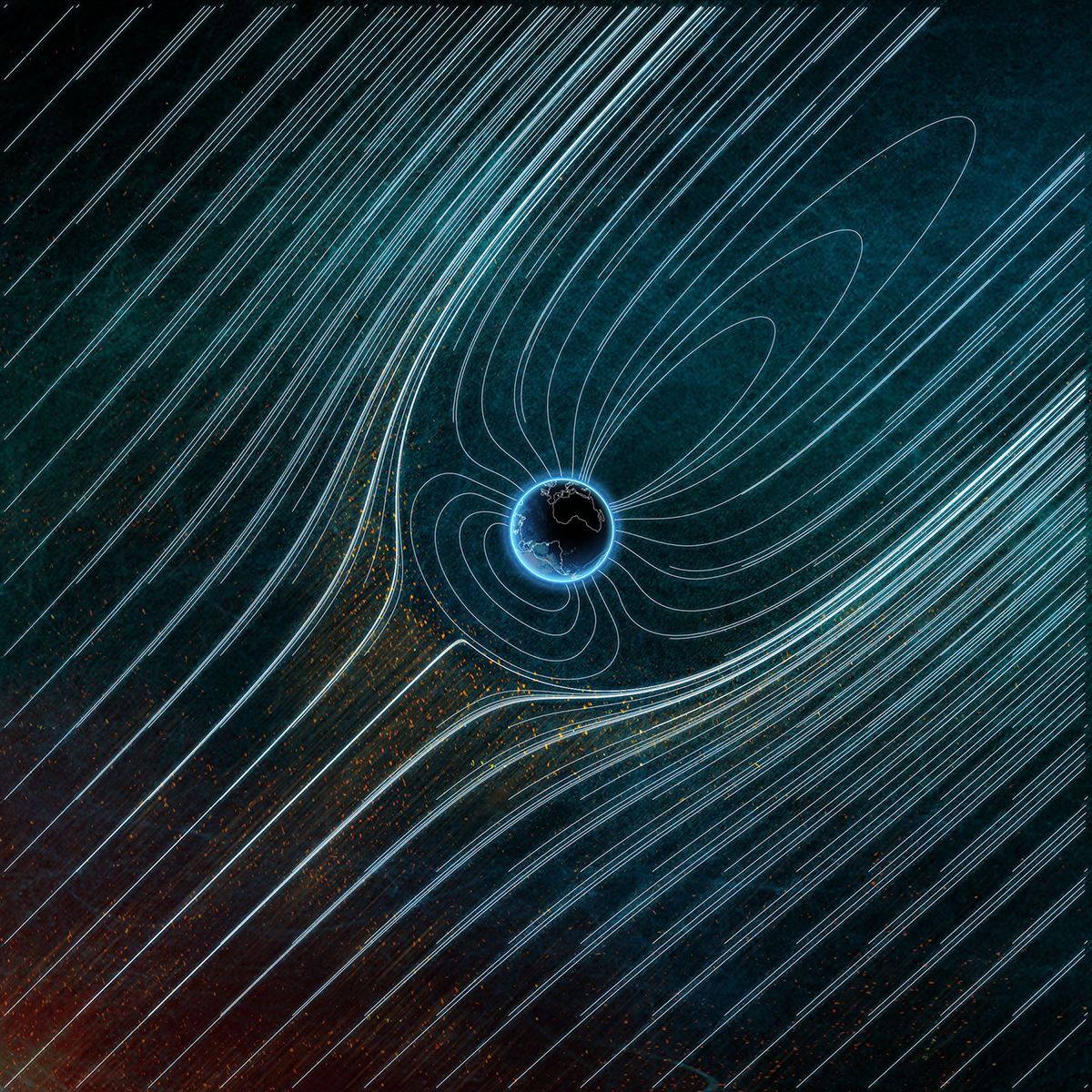The earth system is an integrated system of solids, liquids and gases in a constant state of flux. From its radioactive iron and nickel core to its thermosphere at the edge of space, disequilibrium between the interconnected phenomena of lava flow, tectonics, topography, latitude, ocean currents, wind patterns, atmospheric pressures, magnetic fields and solar winds, is life's engine. Through this earth system are cycled the elements of the periodic table, which despite the universal tendency towards greater entropy, self-organize into complex life forms (autopoesis), known collectively as biodiversity. Through its primary processes of photosynthesis, respiration, consumption, decomposition, and reproduction, biodiversity as a whole, serves to regulate the earth system creating conditions of relative climate stability; conditions conducive to life, without which, the planet would either boil or freeze. The latest phase of the earth system's 4 billion or so years of evolution is the anthropogenic landscape, a planetary expression of human consciousness.
For the foundational text of Earthsystem science see: Vladimir I. Vernadsky, The Biosphere: Complete Annotated Edition. (New York: Copernicus, Springer Verlag, 1998).
